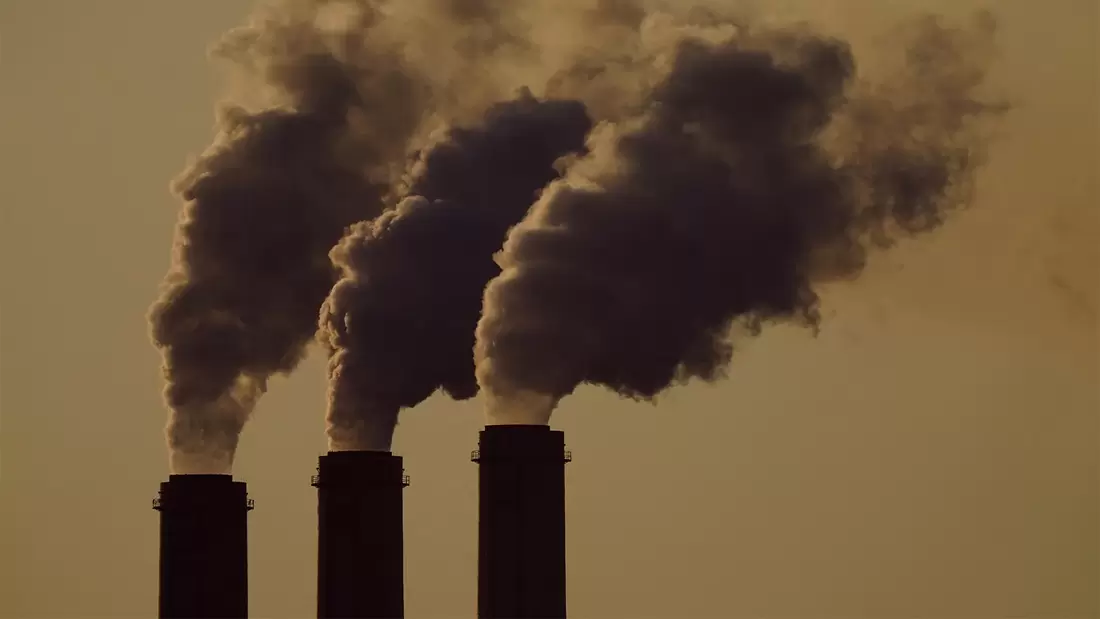|
Where were all the carbon scientists at COP? Two and a half months ago, I headed to COP28 as a budding chemist, eager to explore the sustainable technologies being developed to fight the climate crisis. Day 1 got off to an auspicious start: In the Green Zone, my cohort and I quickly zeroed in on a group promoting Dubai’s planned implementation of a massive concentrated solar power plant by 2030. The sales pitch was wonderful, but as scientists, we were anxious to learn the underlying mechanisms, specific chemicals used, life-cycle analysis, and other facts supporting the claim that this plant would save millions of tons of CO2 emissions per year. The man we initially found confessed that he could not answer these questions, but he redirected us to “the engineer,” who he assured us would have the answers. “The engineer” told us that the heat exchanger was a molten salt solution heated up to 560°C and stored at night in tanks made of a “special material” to prevent inefficient heat loss — facts we already knew from our chemistry coursework — but did not know what compounds this material was made of. Nor could he answer our questions regarding the initial CO2 investment to build the plant as well as to maintain it. Unfortunately, this experience was broadly indicative of any scientific conversations I tried to have (outside of the ACS cohort) at COP28. In the Blue Zone, I made it to 14 presentations on carbon capture, sequestration, use, and efficiency technologies. I heard lovely endorsements and statistics — “1769% efficiency boost,” “reduce energy consumption by up to 37%,” “we can achieve about 40% of climate goals through energy efficiency,” to name a few — but I did not meet a single scientist capable of explaining from where these magic numbers were coming. At one presentation on a new technology to help decarbonize concrete and the built environment, the presenter was a Yale architecture professor from the humanities department instead of the scientists who developed the technology. The professor’s presentation was captivating but completely unverifiable. I do not wish to make a claim that scientists were entirely absent from COP; amidst 110,000 people, even I find this highly unlikely. The point I do wish to make, however, is that they were terrifyingly scarce. Climate change is unique among the challenges facing humanity in that it is a fundamentally scientific issue, not an opinion-based one on which reasonable people can disagree. Yet scientists are not making the case for climate action — certainly not in the numbers that they should be. COP28 served as a forum for politicians and influencers to fight statistics with statistics, not make deductive, scientific arguments. This reduced the issue to one of rhetorical competence, not an honest give-and-take of reasons. This must change. Until then, I will ask again: Where were all the carbon scientists at COP? Steven Labalme
0 Comments
Leave a Reply. |
Categories
All
Archives
March 2024
|


 RSS Feed
RSS Feed
